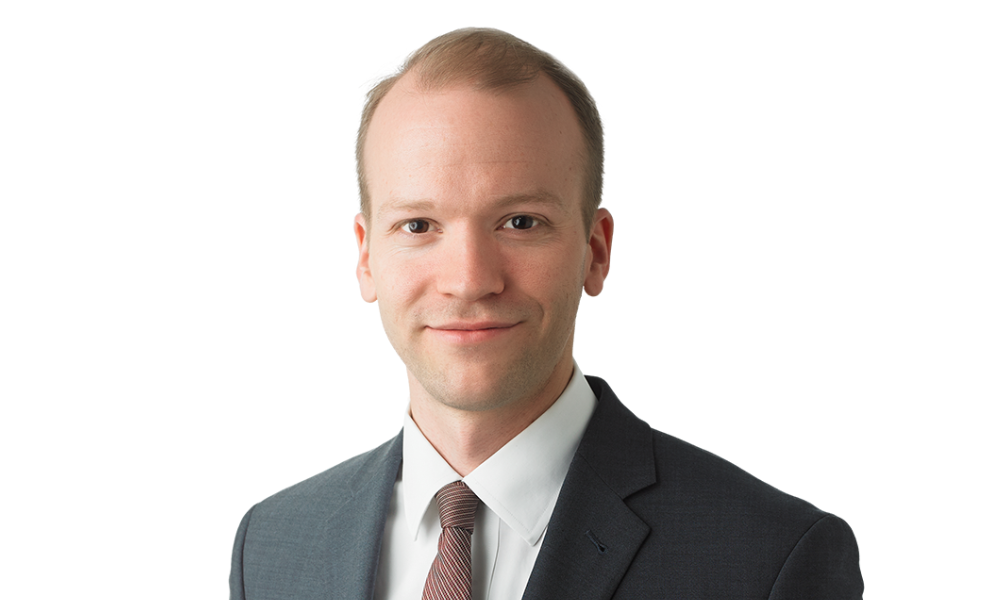Canada, the Azrieli Foundation and its Canadian Centre for Caregiving Excellence, the Brain Canada Foundation, and Australia’s National Health and Medical Research Council (NHMRC) have announced investments totalling $44.8 million to support research on dementia and healthy brain aging.
The Canadian government set aside $39.4 million in funding for the Canadian Institutes of Health Research (CIHR), as part of CIHR’s Brain Health and Cognitive Impairment in Aging Research Initiative, according to a news release from CIHR.
“There is growing evidence that healthy living can help support brain health and may reduce the risk of developing dementia,” said Dr. Paul Hébert, CIHR president, in the news release. “CIHR is proud to invest in research with our partners that strengthens this evidence, advances innovative approaches to prevention, treatment and care, and contributes to a healthier future for Canadians.”
Meanwhile, the federal government’s partners – the Azrieli Foundation and its Canadian Centre for Caregiving Excellence, the Brain Canada Foundation, and Australia’s NHMRC – offered an additional $5.4 million in funding.
“NHMRC remains committed to supporting dementia research in Australia and addressing the challenge of dementia within Aboriginal and Torres Strait Islander communities,” said Steve Wesselingh, professor and chief executive officer of Australia’s NHMRC, in the news release.
“Through sharing our knowledge with Canadian researchers, these grants will build lasting connections between researchers, institutions and countries on mutual global health priorities,” Wesselingh added.
According to the news release, the investments amounting to $44.8 million comprise:
- $40.3 million for the Canadian Consortium on Neurodegeneration in Aging (CCNA) Operations Centre and 16 new research teams from across Canada, which will cover the prevention, diagnosis, treatment, and care for those with dementia and their caregivers, with two international teams co-funded by Australia’s NHMRC researching dementia among the Canadian and Australian Indigenous populations
- $2.4 million for the Brain Health Care (BHCare) Support in Aging Training Platform, which will promote the development of the next generation of scientists, clinicians, policy leaders, advocates, and administrators in the field of brain health
- $2.1 million for the Brain Health Resources and Integrated Diversity (BRAID) Hub, a national knowledge mobilization hub translating evidence-based guidelines into accessible education, tools, and supports
“Congratulations to the researchers and their teams receiving funding today to collaborate internationally – I can’t wait to see how you advance neurodegenerative disease research to support more equitable health outcomes,” Wesselingh said.
Global event
According to CIHR’s news release, members of the dementia research community worldwide recently met during the Alzheimer’s Association International Conference in Toronto.
Scientists, medical specialists, caregivers, advocates, and those with lived experience attending the event talked about dementia science and ways to enhance the prevention, treatment, and care for people with the condition.
On behalf of health minister Marjorie Michel, parliamentary secretary to the health minister and member of Parliament for Don Valley North Maggie Chi announced Canada’s investment at a research showcase of the country’s developments in this area of science.
“This investment reflects our commitment to supporting Canadians affected by dementia and caregivers, and to advancing the research needed to prevent it,” Chi said in the news release. “Through collaboration, innovation and knowledge-sharing, we are building a stronger foundation for brain health and a healthier future for Canadians.”
CIHR’s news release explained that dementia is a chronic condition that worsens over time and often comes with symptoms like deteriorating memory, planning, language, and judgment.
According to CIHR, by 2022–23, dementia has impacted nearly 487,000 Canadians who are 65 years old and older, as well as over 57 million individuals around the globe. CIHR said it expects these figures to rise as populations age.





